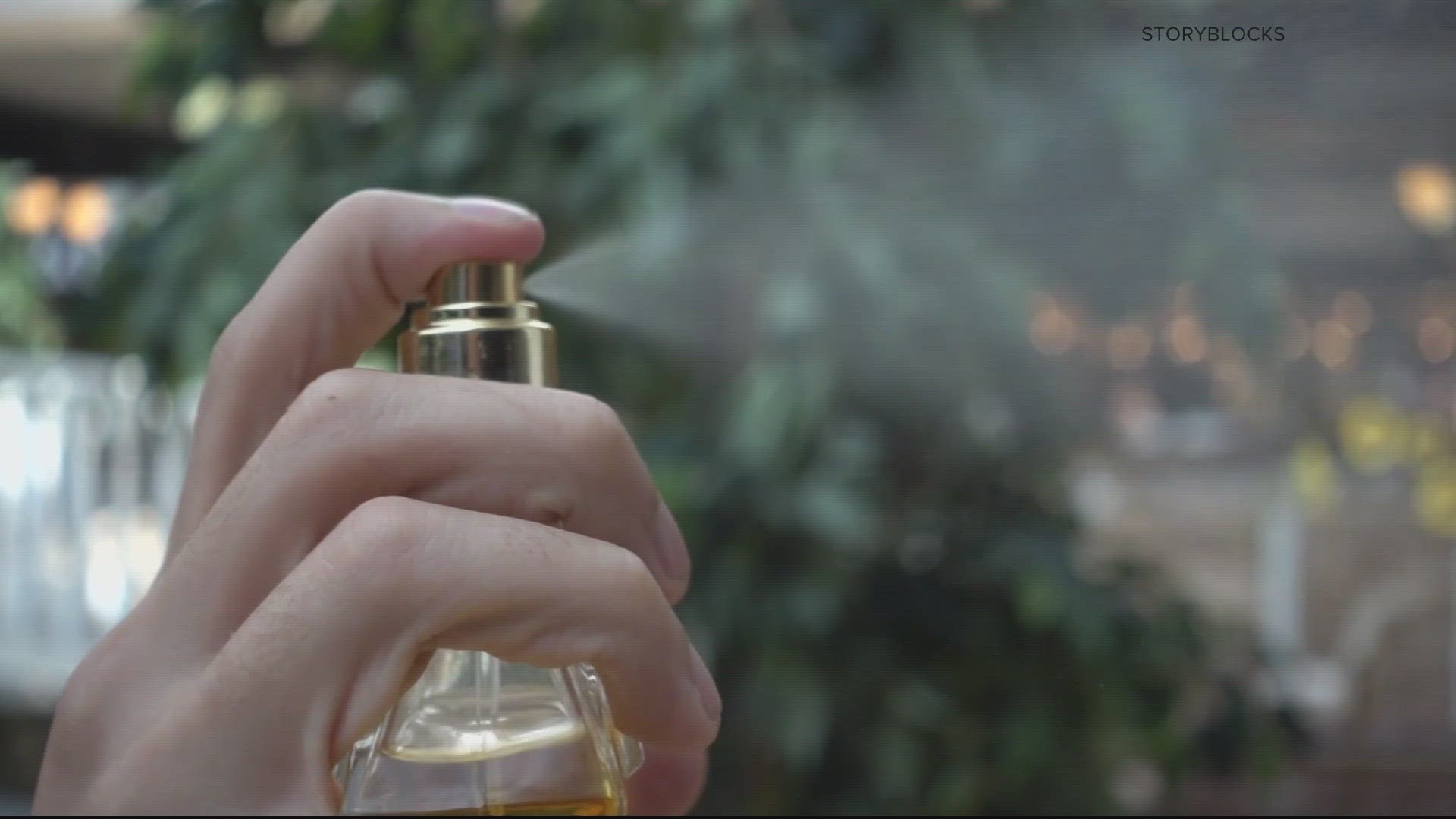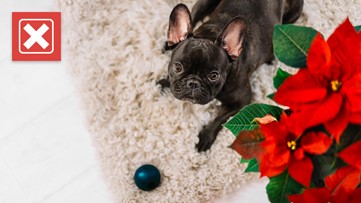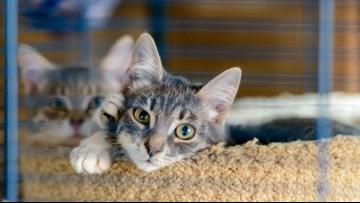WASHINGTON — Not only are our pets part of the family, they make our houses feel like home. But could some of our other favorite common household items be making our pets feel bad?
THE QUESTION:
Do air fresheners pose health risks for pets?
THE SOURCES:
Dr. Sage De Rosa, D.V.M.., Assistant Professor of Clinical Emergency & Critical Care, University of Pennsylvania School of Veterinary Medicine
Dr. Audrey Weaver, D.V.M., Partner Doctor at Heart + Paw
Dr. E. Murl Bailey Jr., D.V.M, Ph.D., Professor at Texas A&M
The American Society for the Prevention of Cruelty to Animals
THE ANSWER:
Yes, air fresheners pose health risks for pets.
WHAT WE FOUND:
Maybe you like crisp laundry, bright citrus, or a calming lavender: our favorite scents can be used to make our homes smell just the way we like them. But can air fresheners be bad for our pets’ health?
“I would say in general, it's good to avoid them,” said Dr. Sage De Rosa, assistant professor at University of Pennsylvania School of Veterinary Medicine.
Our medical experts say even the best smells can be bad for animals with other medical conditions.
“Any pet that has a preexisting, you know, lung issue, such as asthma, cancer or any of those things, heart disease, you should avoid using them in the home completely,” said Dr. Audrey Weaver, veterinarian at Heart + Paw.
Tufts University Research also shows some pets will be more sensitive to these chemicals and essential oils than others, like smaller and younger animals, and cats.
Diffusers emit a constant stream of droplets in the air which can be especially irritating. But our experts agree, fragrant candles and room sprays can also be problematic.
“All these air fresheners will contain some kind of scent, and they also contain volatile organic chemicals, which allows them to diffuse in the air,” said Dr. E. Murl Bailey Jr., professor at Texas A&M.
“I've seen in my emergency, pets hospitalized because, you know, the parent was doing some cleaning, all the sprays, all the sprays. And then they get this really bad inflammatory reaction in the lungs and had to be hospitalized, you know, for several days,” said Dr. Weaver.
The American Society for the Prevention of Cruelty to Animals suggests to not keep a diffuser in the same room or use a strong concentration with animals who groom themselves.
Tell your vet if health changes coincide with any recent scent changes around the house, and if your pet starts coughing or has breathing issues from a fragrance–air the place out immediately.
“It makes me think about if if our pets are so sensitive, what is it doing to our lungs that is just not manifesting yet," Dr. Weaver said. “So, you know, just kind of thinking about that, I avoid plug in diffusers.
If those fragrance droplets collect on your pet’s fur, paws, or skin—licking it off of themselves could make them sick too.
If you must use an air freshener, do so sparingly, with good ventilation, and away from pets entirely, if possible.












